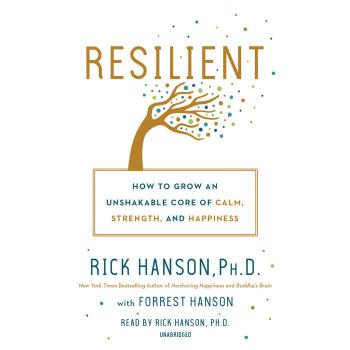
Your Signature Work by Dianna Booher
The author draws parallels from the sport of basketball to identify key principles of leadership success, integrity, influence, and satisfaction. The brief chapters that make up the parts of this book concentrate on skills which are necessary to develop these principles in life.
This book is addressed to individuals who want to do their personal best at work. Sprinkled throughout the chapters are quotes related to the individual ideas. The chapters end with a summary note and a question for self-reflection.
Having cheerleaders was insightful. Every person needs a cheerleader, in a world when too many people want to criticize. The chapters related to keeping the eye on the ball was also useful for me, since I seem to suffer from Attention Deficit Disorder.
Overall however, these chapters seem to reveal brief nuggets of truth that everyone could use as a reminder. The chapters related to my responsibility about working with others (Part One: Own Up) seemed to be useful for the members of the church. As a pastor, I could see the value of sharing these same principles again in a sermon series.
The book had a hermeneutical foundation – the life of Jesus Christ. However, this book was not designed as a “Christian” self-help book. Instead, this book uses Jesus (page 12 for one example), along with illustrations from famous people, and the author’s own experience as a communication consultant to teach these leadership concepts.
The author clearly has a Christian worldview, and reveals that worldview at many points throughout the book (pages 23, 81, 132, 136-37, 148, 150, 189-91, and 213-215). She begins by explaining that even if the job is insignificant, “God will be the final appraiser”(x) and that our work is significant even if we don’t think that we matter that much to God (“don’t count on God’s radar screen”).
I thoroughly enjoyed the book, and I learned some principles about how to relate with other people. After reading the book however, I came away wondering if the book used the metaphor of basketball at the expense of the real lessons of relationships. I kept asking myself: “I like what I am reading, and I get the basketball analogy,” but did the metaphor drive the principle, or did the metaphor illustrate the principle. This is analogous to using a sermon illustration as a basis for the sermon, instead of letting the biblical text be the basis.
This book was not strictly a leadership book. Instead, this was a book about how to get the “right” to share my faith. If the book was able to help me earn the right to share my faith, it did little in the way of giving me tips to share my faith with others. Perhaps a chapter on the celebration that happens after winning the game would be helpful to teach people how I can take this influence and use it for Christ.
This book would be a good book to use for a small group study on our influence as Christians. It is easy to understand and read. It has questions at the end of each chapter that can easily be adapted for small group discussion. In a church plant, this book could be used as a way to share with people who may have some religious background, but who are discouraged with the church.
















